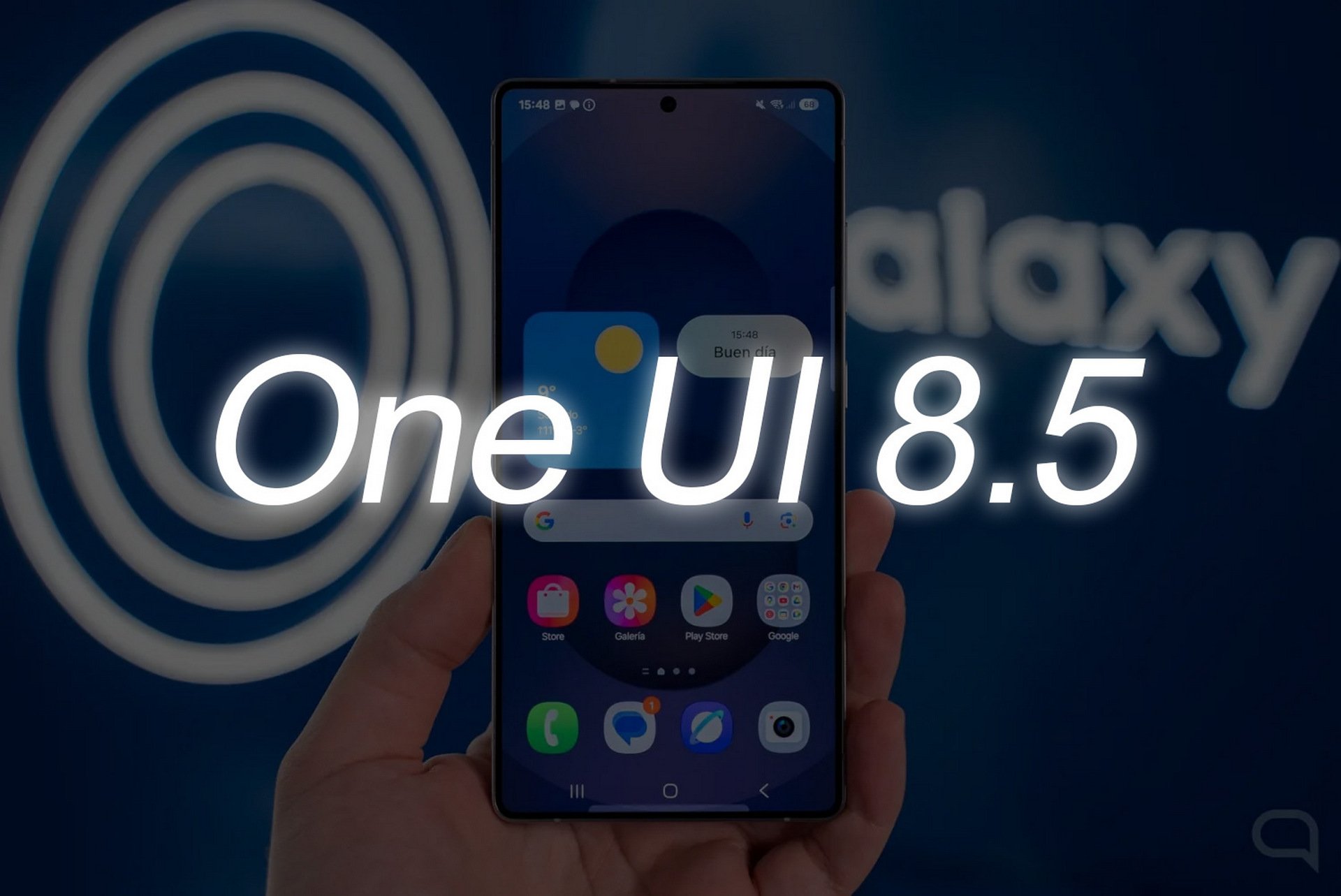Apple has confirmed that iOS 17.4 will remove support for progressive web apps on the iPhone’s home screen. A change that will only affect users in the European Union. The company explained that it has stopped using this type of application comply with the requirements of the Digital Markets Act.
Last week, several users reported that they were unable to use web apps directly from the iPhone home screen in the first beta versions of iOS 17.4. Developer Maximiliano Firtman also expected that this feature would not be present in the beta version launched a few days ago.
Apple explained on its developer site that it will have to build a whole “new integration architecture” to address “the complex security and privacy issues associated with web applications using alternative browser engines.” He added that this would not be a “practical work” for two reasons: other requirements he must meet regarding the Digital Markets Act and the low user adoption rate of this type of app.
Instead, Apple emphasized, users of its devices will be able to continue accessing websites from their home screen through a bookmark, “with minimal impact on its functionality.” For those who want to open the web app on their iPhone running the latest iOS 17.4 beta, You will see that the application opens directly from your default browser.as if it were a regular website.
Apple explains the change in iOS 17.4
So in practice, with iOS 17.4, European users will no longer be able to use web pages converted to apps. Macrumors shared that Progressive Web Apps (or Progressive Web Apps) existing ones were having trouble displaying notifications and that users were starting to experience loss of locally stored data.
Traditionally, iOS has provided support for these web applications by directly creating about WebKit and its security architecture. But starting with iOS 17.4, Apple will no longer be able to force the use of its own engine in third-party web browsers due to the Digital Markets Act.
Without this architecture, malicious web applications could read data from other applications, the company notes. This will allow them to get accessing a user’s camera, microphone or location without their consent. In addition, browsers can install web applications on the system without users noticing. The interesting thing about this new strategy is that it also affects PWAs built in Safari.
“We expect this change to impact a small number of users,” Apple said of the modification implemented in iOS 17.4. “However, we regret any impact of this change, which was made as part of our efforts to comply with the Digital Markets Act.”
Apple will officially release iOS 17.4 in early March. The update will provide the ability to install apps outside of the App Store, which is one of the most important changes also required by European regulators. In addition, this will allow use other mobile payment apps using NFC. And it will provide the easiest way by choosing the default iPhone browser.
Source: Hiper Textual
I’m Ben Stock, a highly experienced and passionate journalist with a career in the news industry spanning more than 10 years. I specialize in writing content for websites, including researching and interviewing sources to produce engaging articles. My current role is as an author at Gadget Onus, where I mainly cover the mobile section.













